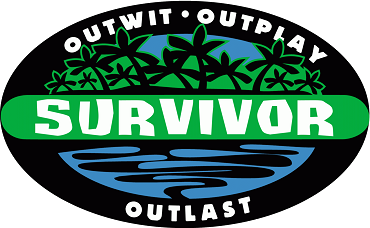This week is Computer Science Education Week, an annual event that focuses on the importance of making sure all students learn computer science in school.
Students at Falmouth Elementary School will take part in the Hour of Code in their classrooms and in technology classes thanks to the leadership of Mr. Harvey (technology teacher) and Mrs. Macdonald (tech integrator) who have planned and prepared programming lessons for each grade.
Why should students learn how to code?
You can follow Hour of Code events on social media with the hashtag: #hourofcode.
Here are some resources to introduce students to computer science and programming.
Code.org- Offers a computer science curriculum for grades K-6. Teachers may set up for free accounts for their students.
Khan Academy- Hour of Code videos and lessons
Microsoft- Hour of Code resources
Codecademy- Hour of Code programming projects
Skype in the Classroom- Arrange for a guest speaker from the computer science field.
Kodable- Teach young children the basics of programming.
Scratch- Program a holiday card or create a pong game.
Made with Code- Program a snowflake.













.PNG)


.JPG)












